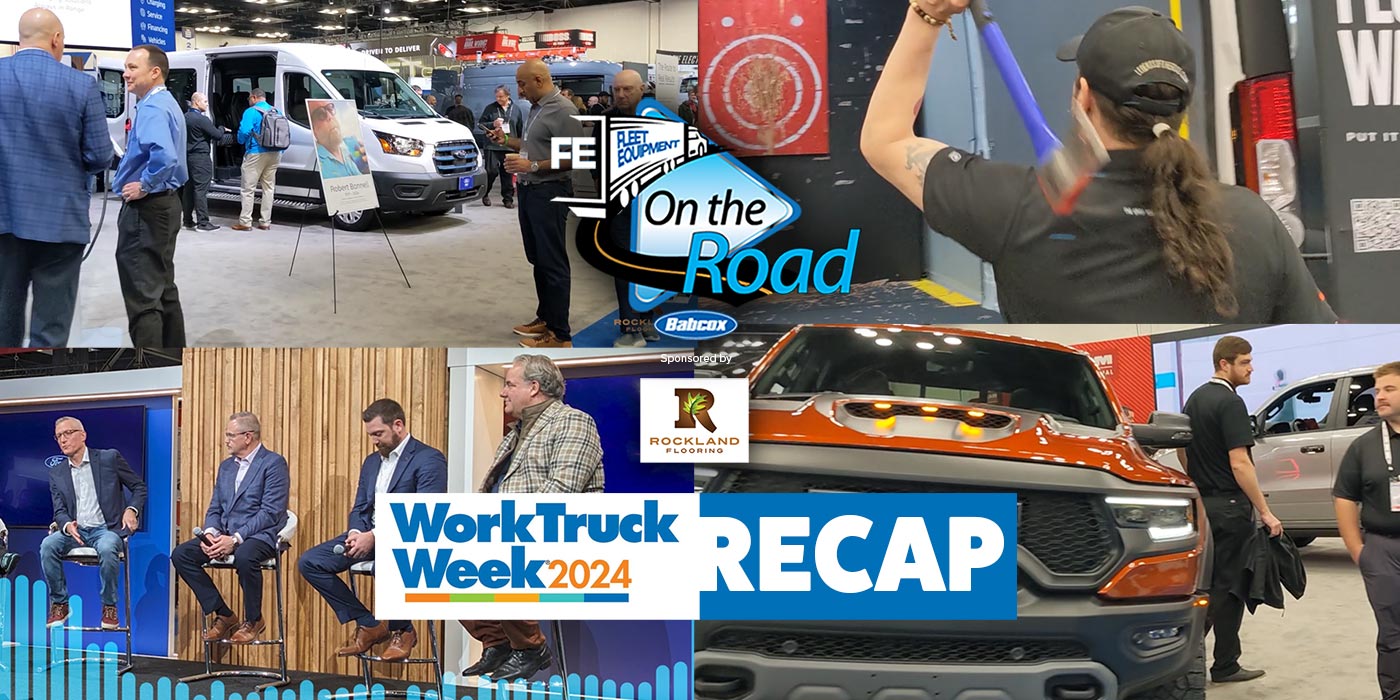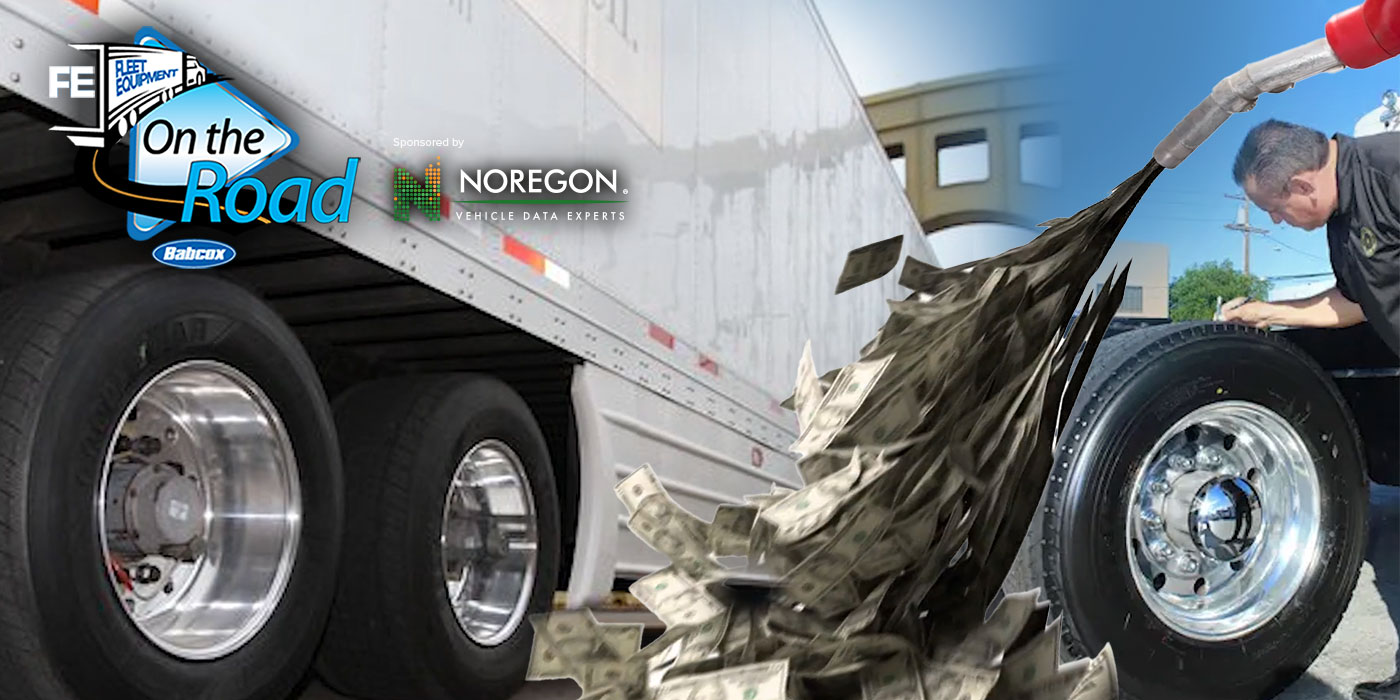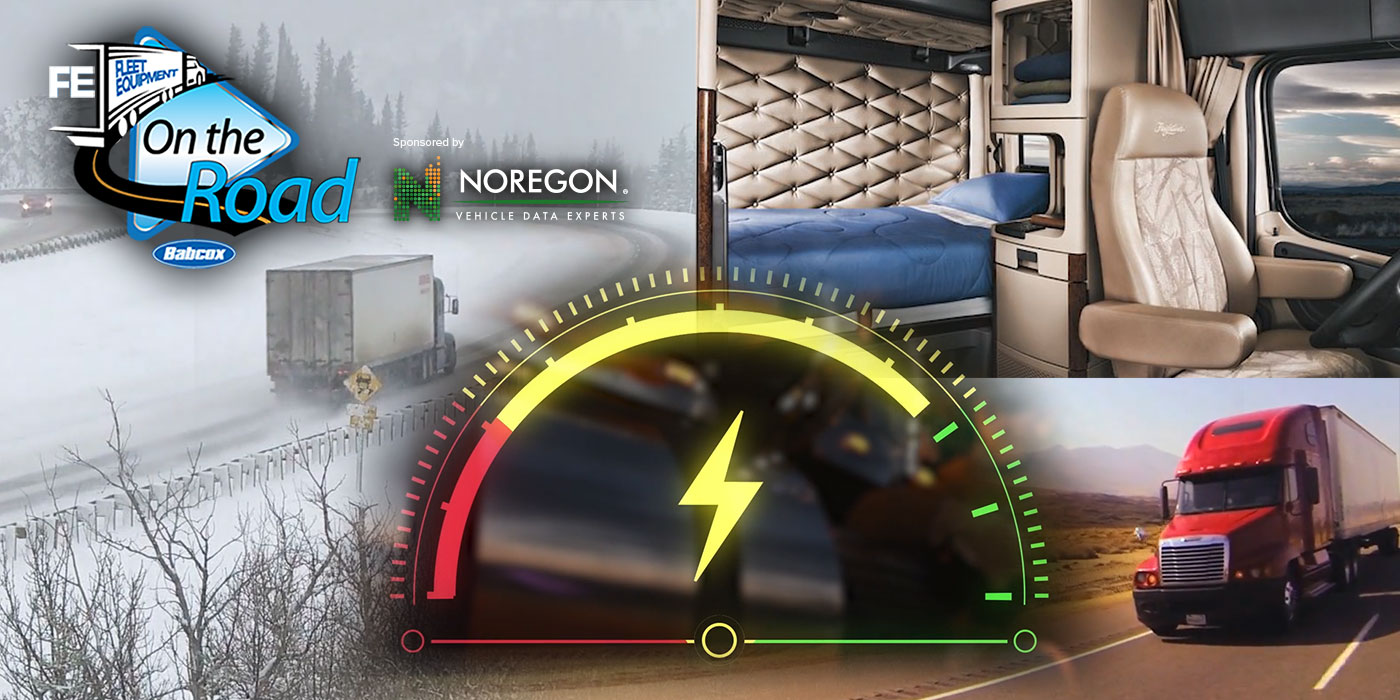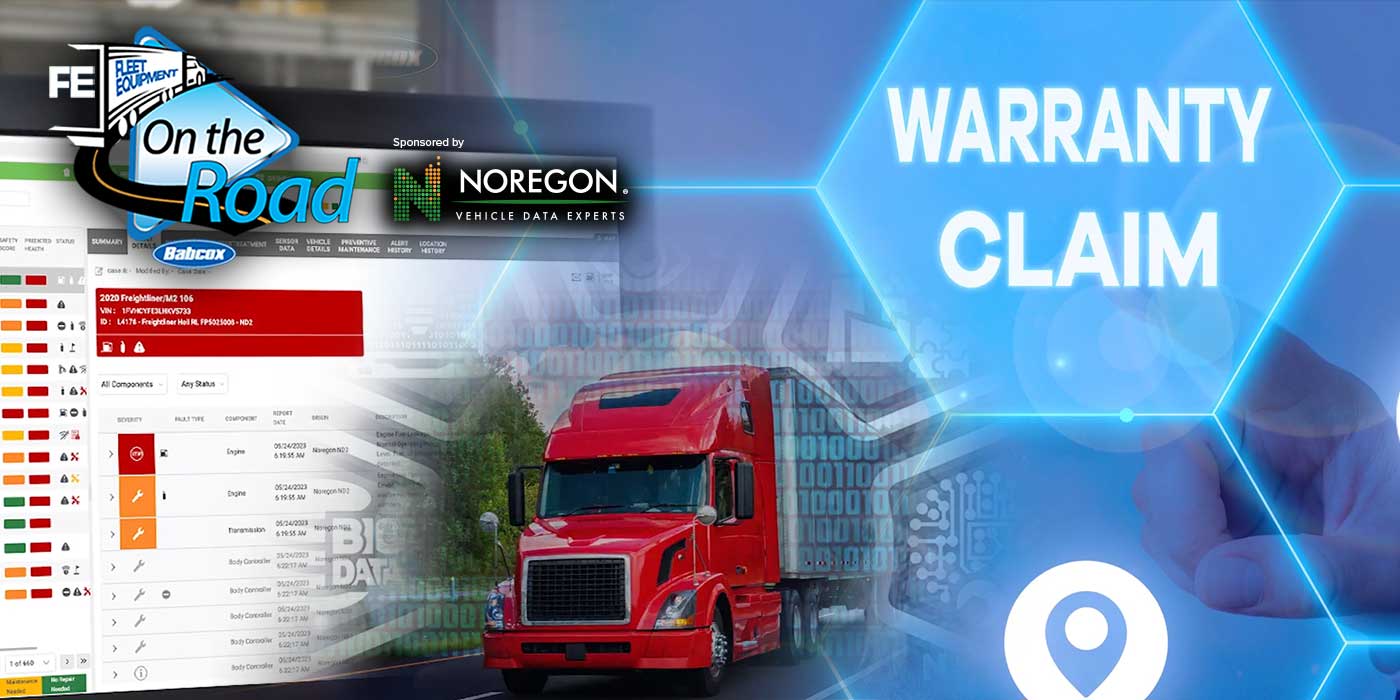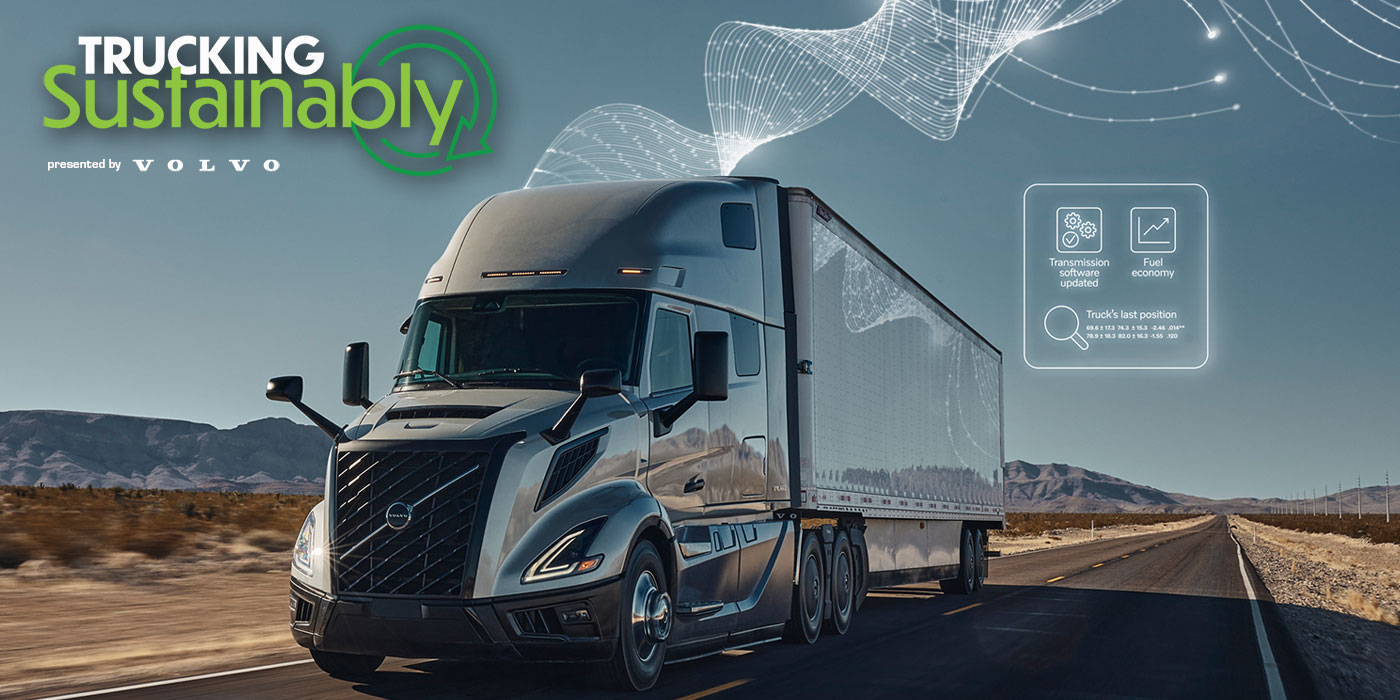Both renewable diesel and biodiesel have gotten a lot of attention from trucking fleets over the past few years, because not only do they both offer excellent performance and cut overall emissions, they can in many cases both be considered a drop-in replacement to petroleum diesel.
Click here to watch more of FE’s On the Road video series.
But does one solution make better sense for your trucks than the other? Let’s take a look. First, a little background on these two fuels.
Biodiesel is made from feedstocks such as recycled cooking oil, waste animal fats and vegetable oils. During the production process, the feedstock reacts with methanol to produce fatty acid methyl esters, also known as FAME. Without getting too technical, an ester is a specific type of chemical compound that includes fats and vegetable oils, and this process is called transesterification.
Now, renewable diesel is made from the same feedstocks, but it has a different production process and is a distinct fuel from biodiesel. With renewable diesel, the feedstock is reacted with hydrogen during what is known as the hydrotreating process.
OK, yeah, chemistry, how fun. Here’s what it boils down to from a business standpoint, the stuff you really care about: Price and Emissions:
When it comes to price, you’ll find in most parts of the country today, biodiesel might come cheaper than renewable diesel, and you may find it costing less than petroleum diesel in some cases, too. Part of this is because transesterification is known to be a less capital-intensive process than hydrotreating.
However, it’s also important to note where your fleet does most of its driving. Renewable diesel has a lower cloud point, meaning better cold-weather handling properties. This is why you typically will find biodiesel requiring separate storage and handling necessities.
Emissions-wise, most will agree that both fuels do a great job compared with petroleum diesel at reducing harmful pollutants coming from the truck. This includes tailpipe emissions containing particulate matter, carbon monoxide and total hydrocarbons.
Ultimately, know that picking the right fuel depends on your unique circumstances. If you’d like help evaluating the clean fuel solutions that can support your business and sustainability goals, be sure to follow up with your OEM and talk shop. This video might be a great place to start on the subject, but that’s all it is. Be sure to consult a professional before making the move.



